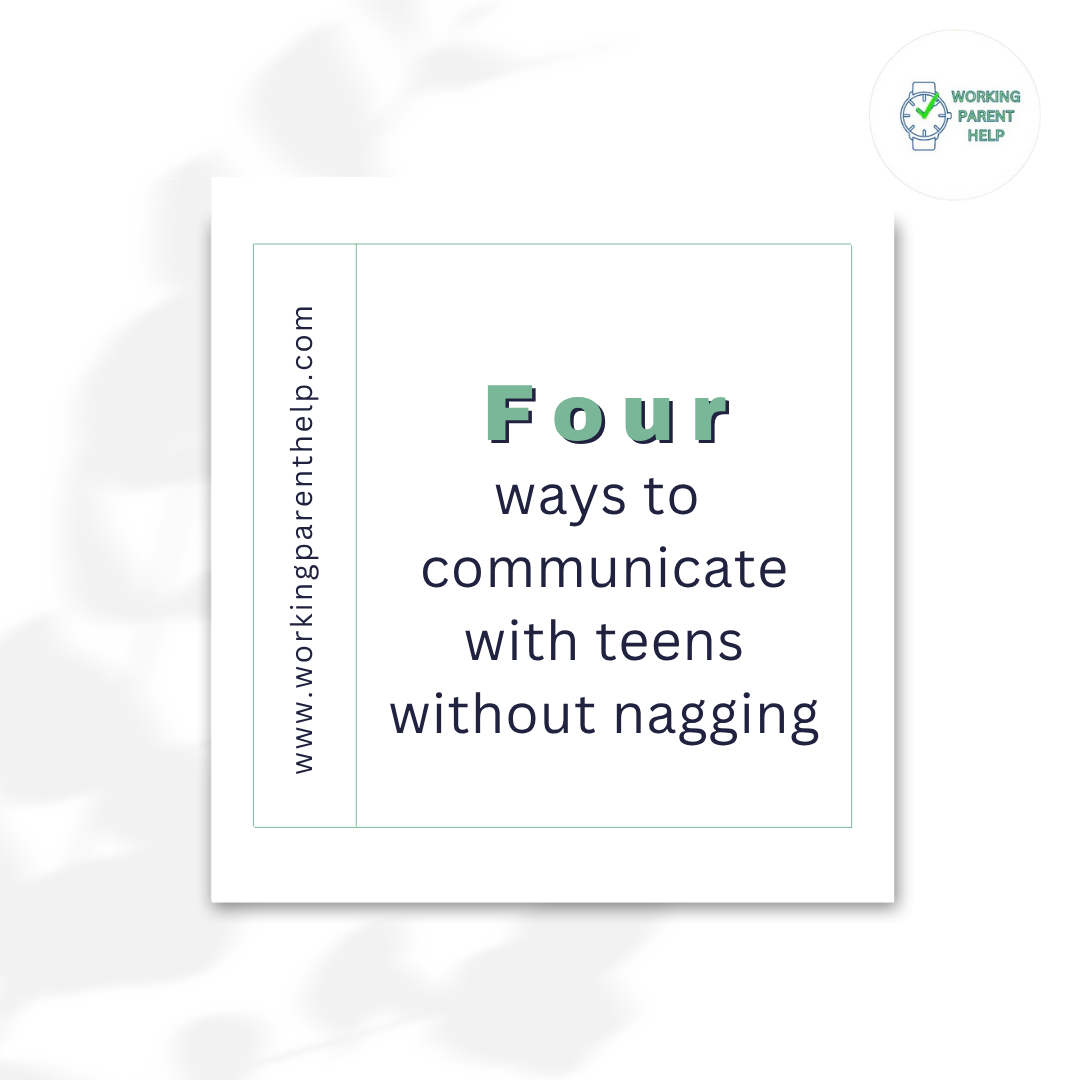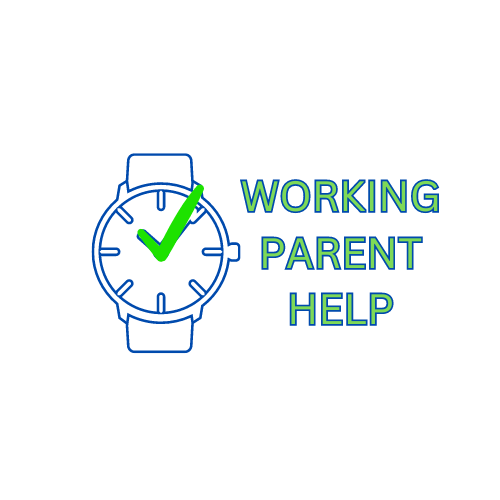
Four Ways to Communicate with Teens Without Nagging
(Yes, It’s Possible—Even If They Have AirPods in)
Let’s be honest: trying to talk to a teenager can feel like yelling into a WiFi dead zone. You repeat yourself three times, they mumble “I know,” and yet somehow, the dishwasher still isn't loaded, and the shoes are still at the door, breeding like dust bunnies.
But what if we told you that communicating with teens doesn’t have to involve eye rolls, groans, or dramatic sighs (mostly theirs, occasionally yours)? Turns out, there are a few strategic (and sanity-saving) ways to get through to them—without sounding like a broken record on loop.
Here are four ways to communicate with your teen without turning into the Nag Monster you swore you’d never become.
1. Use “I” Statements Instead of Blame Games
Let’s set the scene:
You: “You never clean your room!”
Teen: “Ugh! Why are you always on my case?”
You (internally): “Because you live like a raccoon with a caffeine addiction!”
Sound familiar?
Try this instead:
🗣️ “I feel overwhelmed when the house is messy because I need some order to function. Can we both try to keep things a bit more tidy?”
Why it works: “I” statements shift the focus to your experience, not their shortcomings. This helps teens hear your message instead of tuning it out like last year’s TikTok trends. It reduces defensiveness and keeps the convo respectful, not resentful.
Pro Tip: Practice in the mirror first if you’re used to full-on dramatic Oscar-worthy speeches. Keep it short, sincere, and snark-free.
2. Pick the Right Moment
Teens are like cats: they come to you when they’re ready, not when you’re standing in the kitchen wielding a to-do list and a death glare.
If they just got home from school, it’s probably not the time to drop a chore bomb. They’ve been through algebra, hallway politics, and possibly a suspicious cafeteria burrito.
Timing is everything. Catch them in the car, late at night (we know, you’re tired), or during a commercial break when their defenses are down and their mouths are chewing chips, not opinions.
Bonus hack: Turn the kitchen into a peaceful place to chat by keeping things calm and organized—like with the RollNest Sleek Egg Storage Box for Refrigerator. Because nothing says "I have my life together" like beautifully stacked eggs.
3. Give Clear, Specific Requests
Here’s what doesn’t work:
🔁 “Can you help more around the house?”
(Too vague. They’ll interpret this as “Take out one bag of trash and declare themselves a domestic hero.”)
Here’s what does work:
✅ “Hey, before 6 PM today, could you please unload the dishwasher and fold the towels on the couch?”
Why this works: Clarity is kindness. Be as specific as a GPS, not a treasure map. Teens love boundaries—even if they pretend they don’t—and clear expectations give them structure and confidence.
And hey, if your back is sore from doing all the heavy lifting while they “forget,” try the RelaxPro Infrared Full-Body Car & Back Massager Cushion. It won’t do the laundry, but it will help you stop muttering about it under your breath.
4. Listen More Than You Speak
We know. You have so much wisdom to impart. You’ve lived through dial-up internet, pencil sharpeners, and actual landlines. Your life advice is gold.
But if you want teens to talk, sometimes you have to zip it and just… listen.
✨ Ask open-ended questions.
✨ Reflect what you hear (“Sounds like that class is stressing you out?”).
✨ Resist the urge to “fix” every problem in the moment.
Sometimes they just need to vent about why group projects are the actual worst (because they are). If you listen now, they’re more likely to listen later when you need to talk about curfews or screen time.
And honestly, you’ll get some real gems from these convos. Teen brains are messy but brilliant, like Pinterest boards with attitude.
Final Thoughts: You’ve Got This
Teen communication is a dance—sometimes graceful, often clumsy, occasionally involving dramatic exits and slammed doors. But when you approach it with empathy, timing, and a sense of humor (plus a well-stocked fridge and massager), you’re setting the stage for connection over conflict.
So next time you feel a nag-fest coming on, take a breath, use an “I” statement, and remember: they’re growing, learning, and figuring it all out—just like we are.
